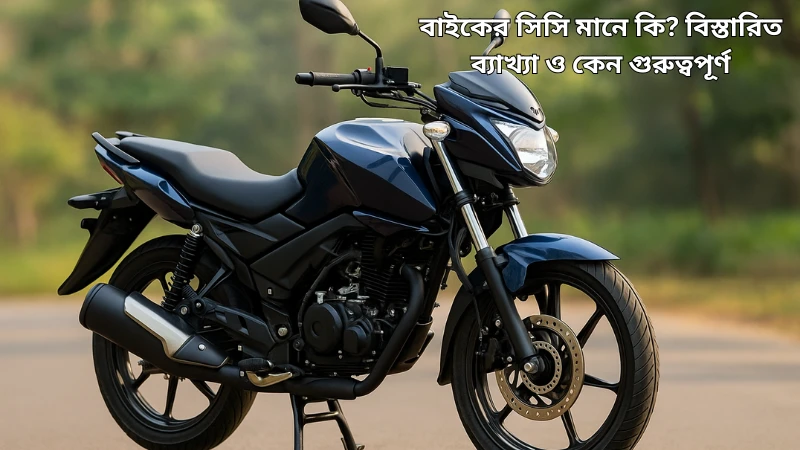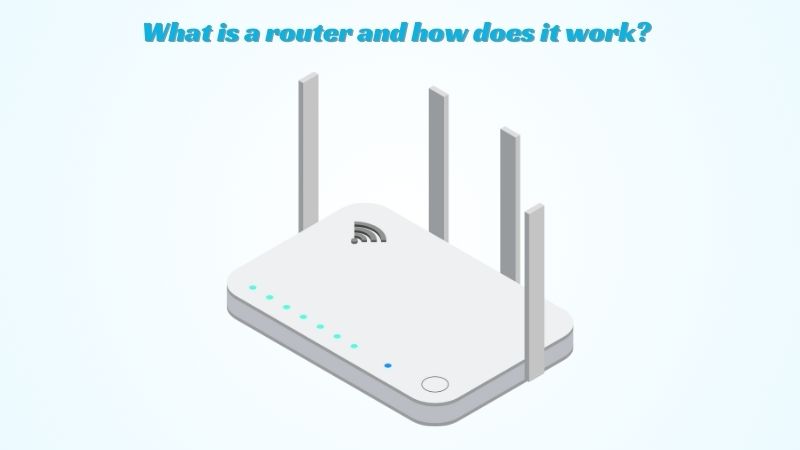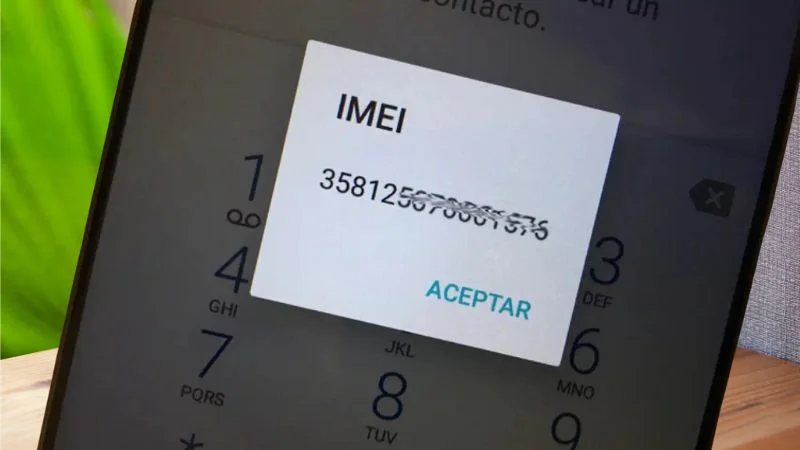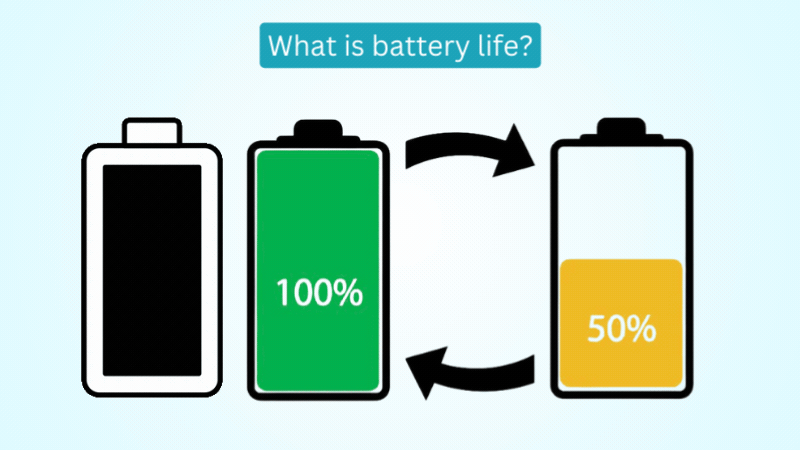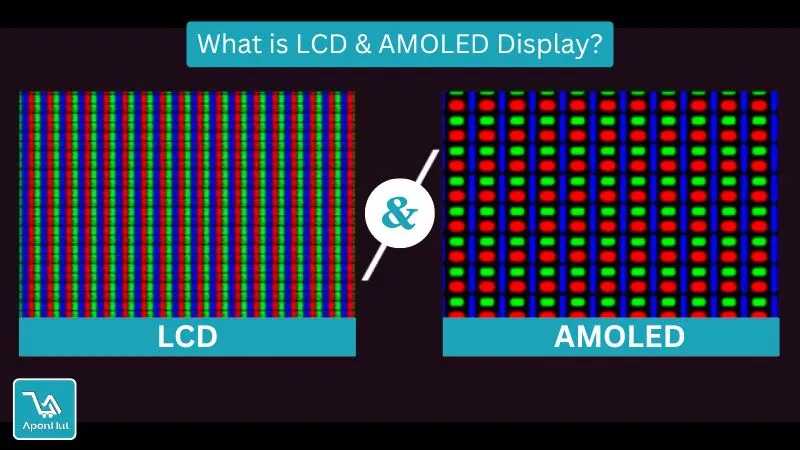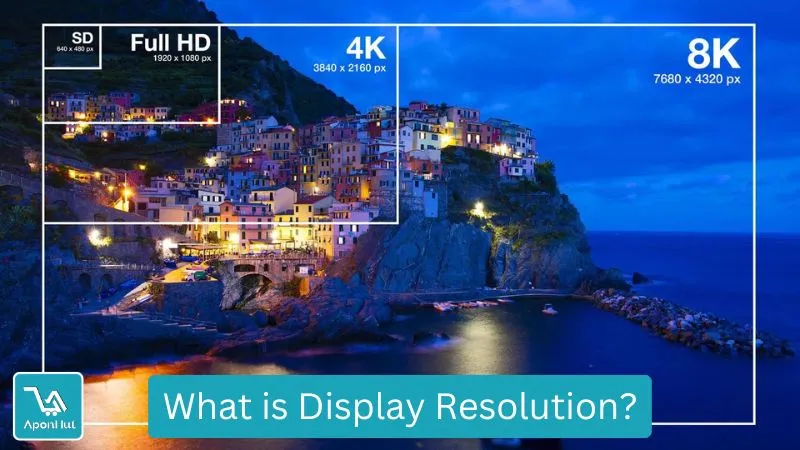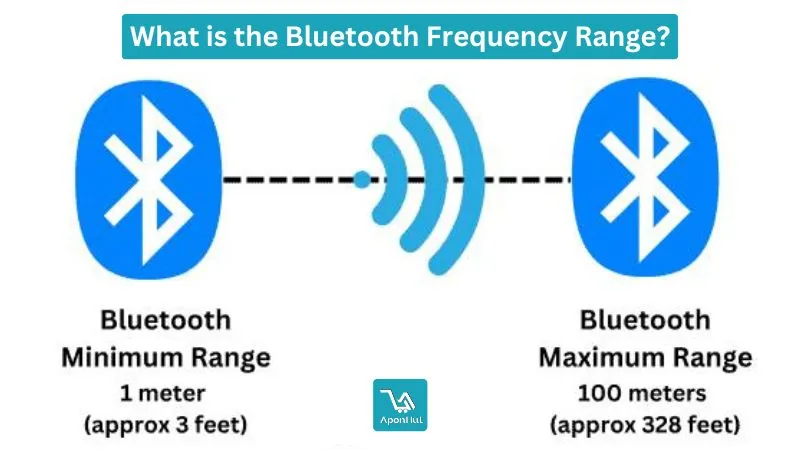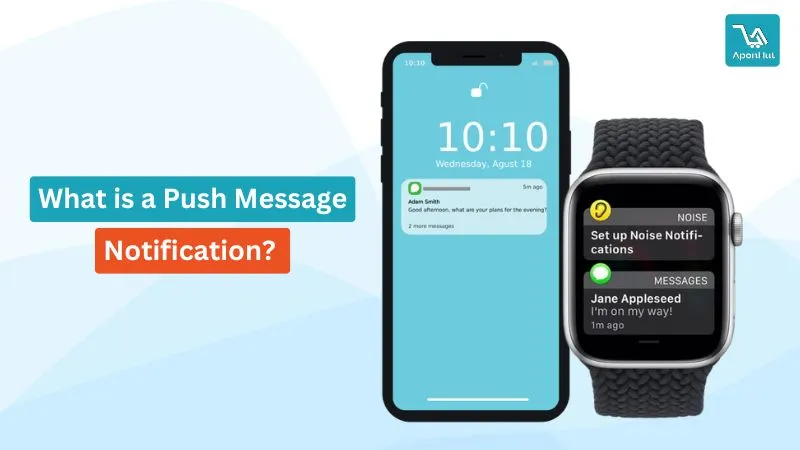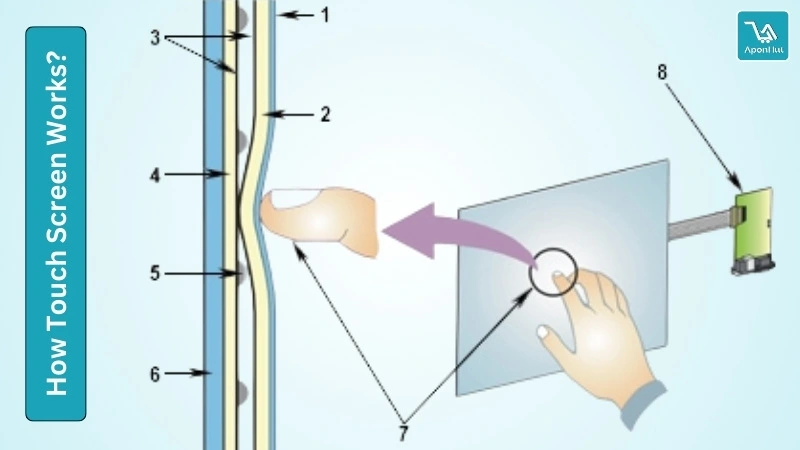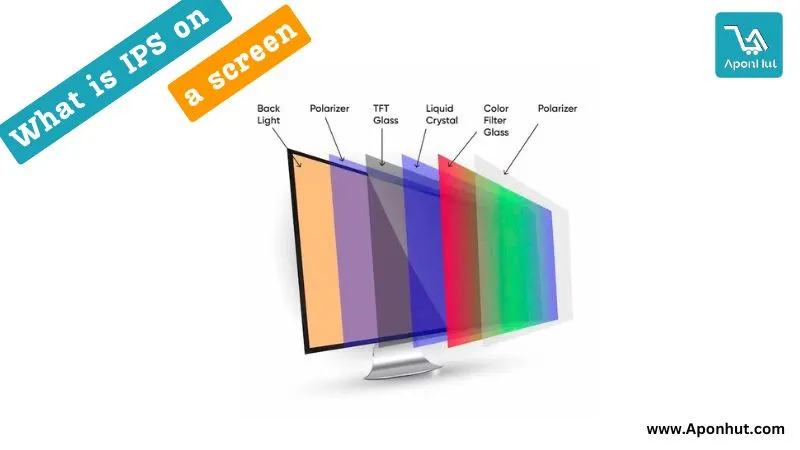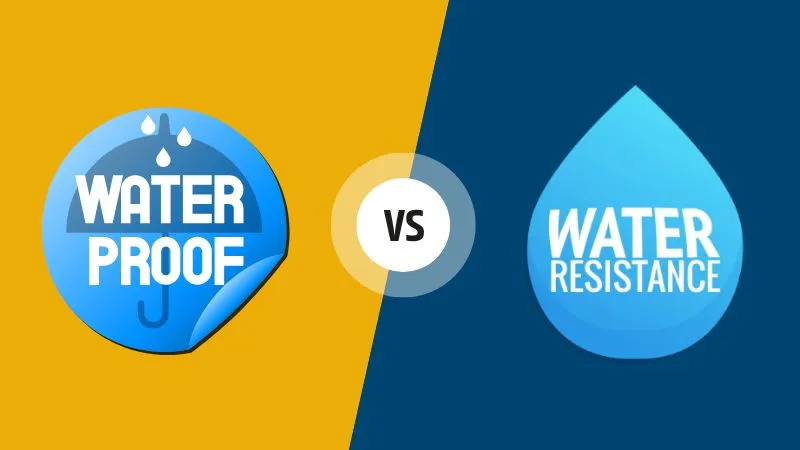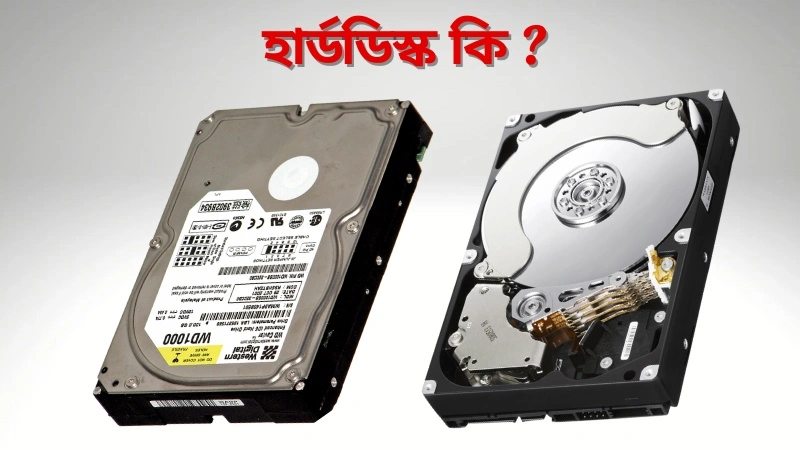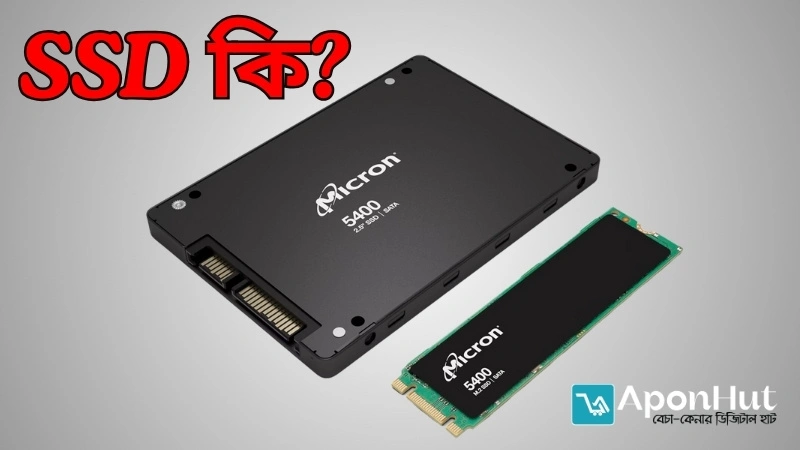Car Battery Capacity – Complete Guide to Choosing the Right One for Your Vehicle
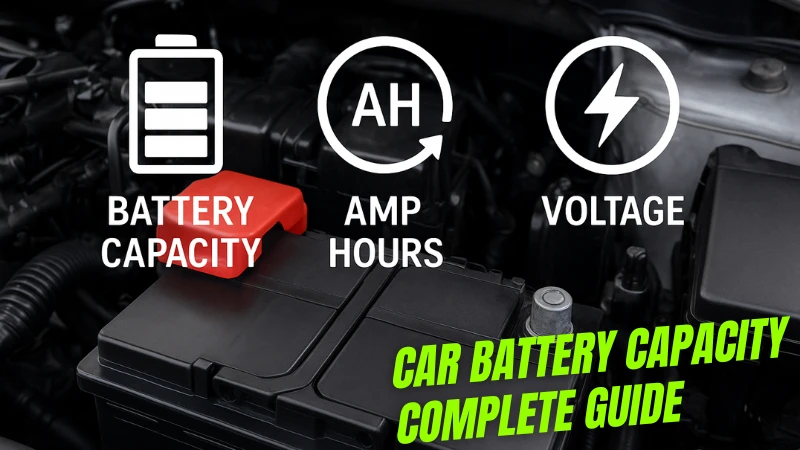
Car Battery Capacity – Complete Guide to Choosing the Right One for Your Vehicle
I wrote this page for Bangladesh drivers who want simple answers. If you’ve ever been stuck in Dhaka traffic with a weak battery, you’ll appreciate a guide that uses plain words and clear steps. Here I explain car battery capacity (Ah), size codes, voltage, and easy home checks so you can pick the right battery—without guesswork.
Capacity, CCA & Voltage—What They Mean
Capacity (Ah) is like the size of a water tank. A 60Ah battery can power small loads longer than a 45Ah one when the engine is off. CCA (Cold Cranking Amps) is the starting punch. In Bangladesh heat, CCA still matters—rainy mornings and older engines need that kick. Voltage is the system pressure; most cars use 12V.
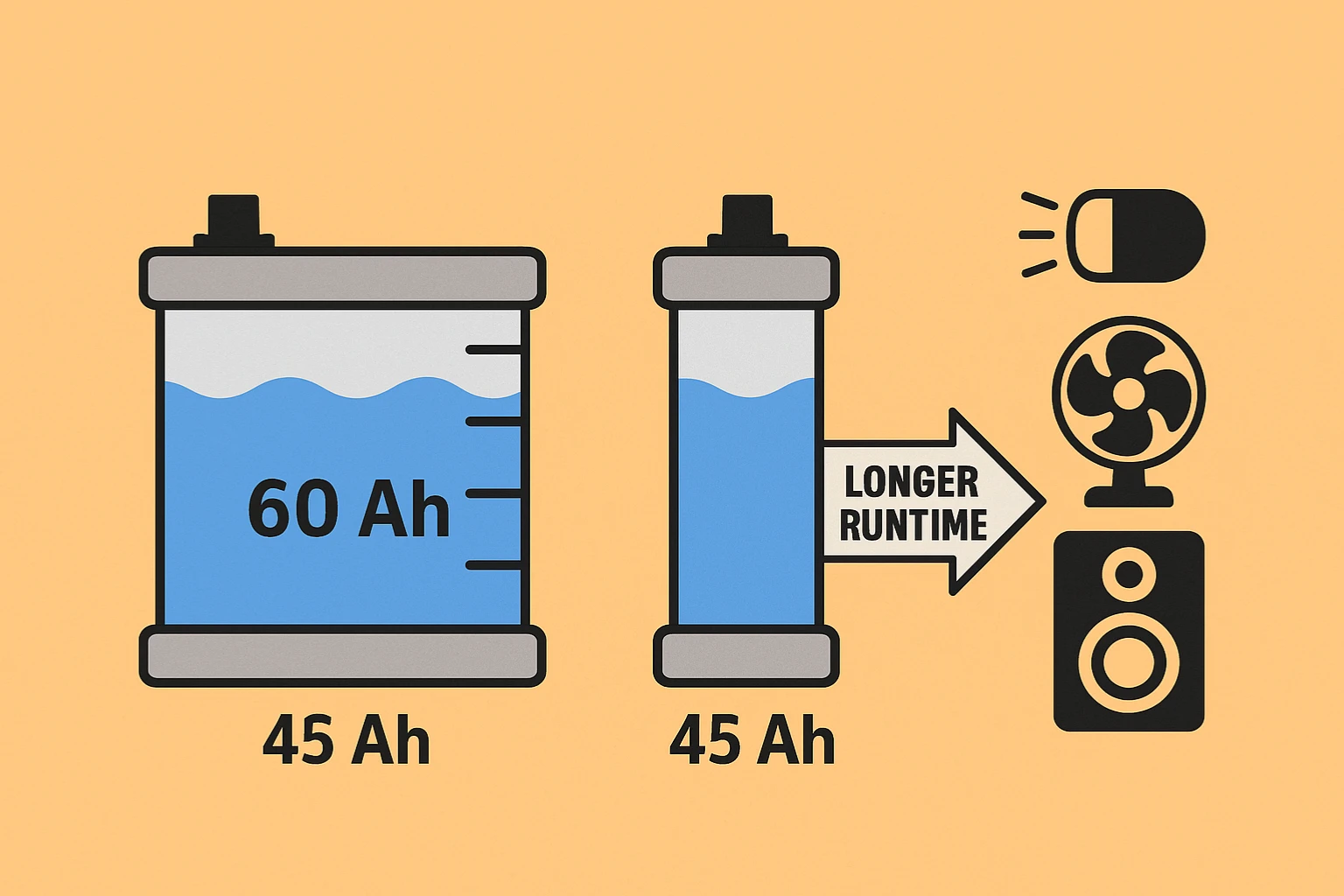
Bangladesh‑Friendly Car Battery Size Guide
Reconditioned Japanese cars usually use JIS codes like 46B24L or 55B24R. European models use DIN groups (DIN55, DIN60). Pickups and vans often run N50/N70. Wrong size can stretch cables, misalign the hold‑down, or let the battery slide on potholes.
| Code / Group | Typical Ah | Polarity | Common Vehicles in Bangladesh |
|---|---|---|---|
| 46B24L / NS60L | 35–45Ah | Left (L) | Toyota Axio, Allion, Premio, Aqua, Vitz |
| 55B24L/R | 45–55Ah | L or R | Corolla/Fielder, X Noah, Probox |
| 65B24L/R | 55–65Ah | L or R | Older Honda Civic, 1.5L sedans |
| DIN55 / DIN60 | 55–60Ah | Standard | European models, Hyundai/Kia (some) |
| N50 / N70 | 60–85Ah | Standard | Hiace, Hilux, Pajero, pickups |
| EFB / AGM | 60–80Ah | Standard | Start‑stop cars, some hybrids (aux) |
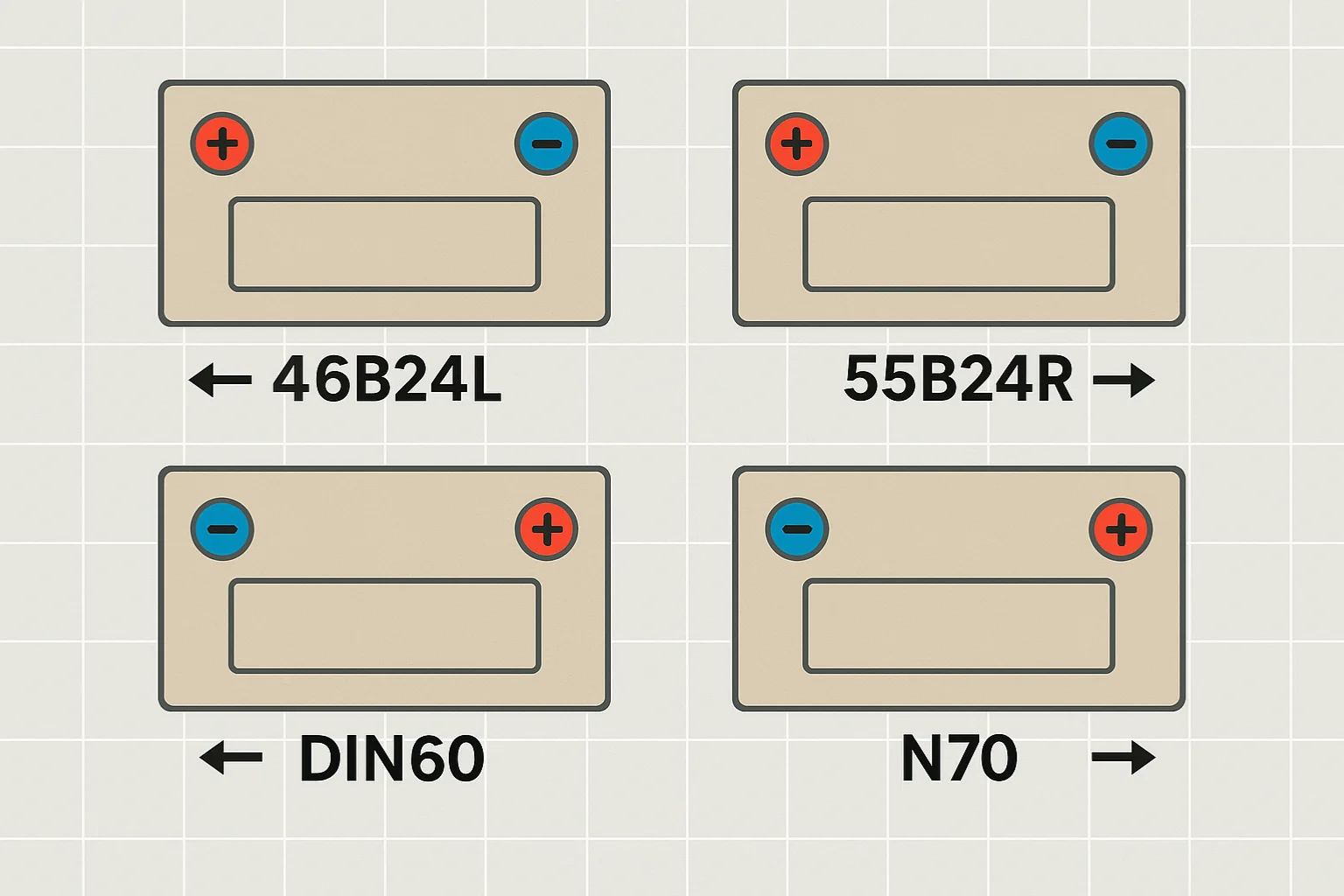
Healthy Voltage: Numbers You Should Know
A fully charged 12V battery at rest shows about 12.6–12.8V. During cranking, voltage should not dip below about 9.6V for long. With the engine running, the alternator should keep 13.8–14.4V. Under‑voltage means weak charge; over 14.8V can overcharge and shorten life.
Car Battery Capacity Chart (By Vehicle)
Use this as a friendly starting point. Always follow the owner’s manual first. If you added subwoofers, extra lights, or a 24/7 dash cam, consider one step higher in Ah—if it fits and charges well.
| Vehicle / Engine | Suggested Ah | Typical CCA | Notes |
|---|---|---|---|
| Small hatchback (1.0–1.3L) | 35–45Ah | 300–400 | City trips, few accessories |
| Sedan (1.5–1.8L) | 50–60Ah | 500–600 | AC + audio, heavy traffic |
| MPV/SUV (2.0–2.7L) | 60–80Ah | 600–800 | Family trips, more lights |
| Diesel van/pickup | 70–95Ah | 700–900 | Higher compression starts |
| Start‑stop vehicles | EFB/AGM 60–80Ah | 550–800 | Use specified tech only |
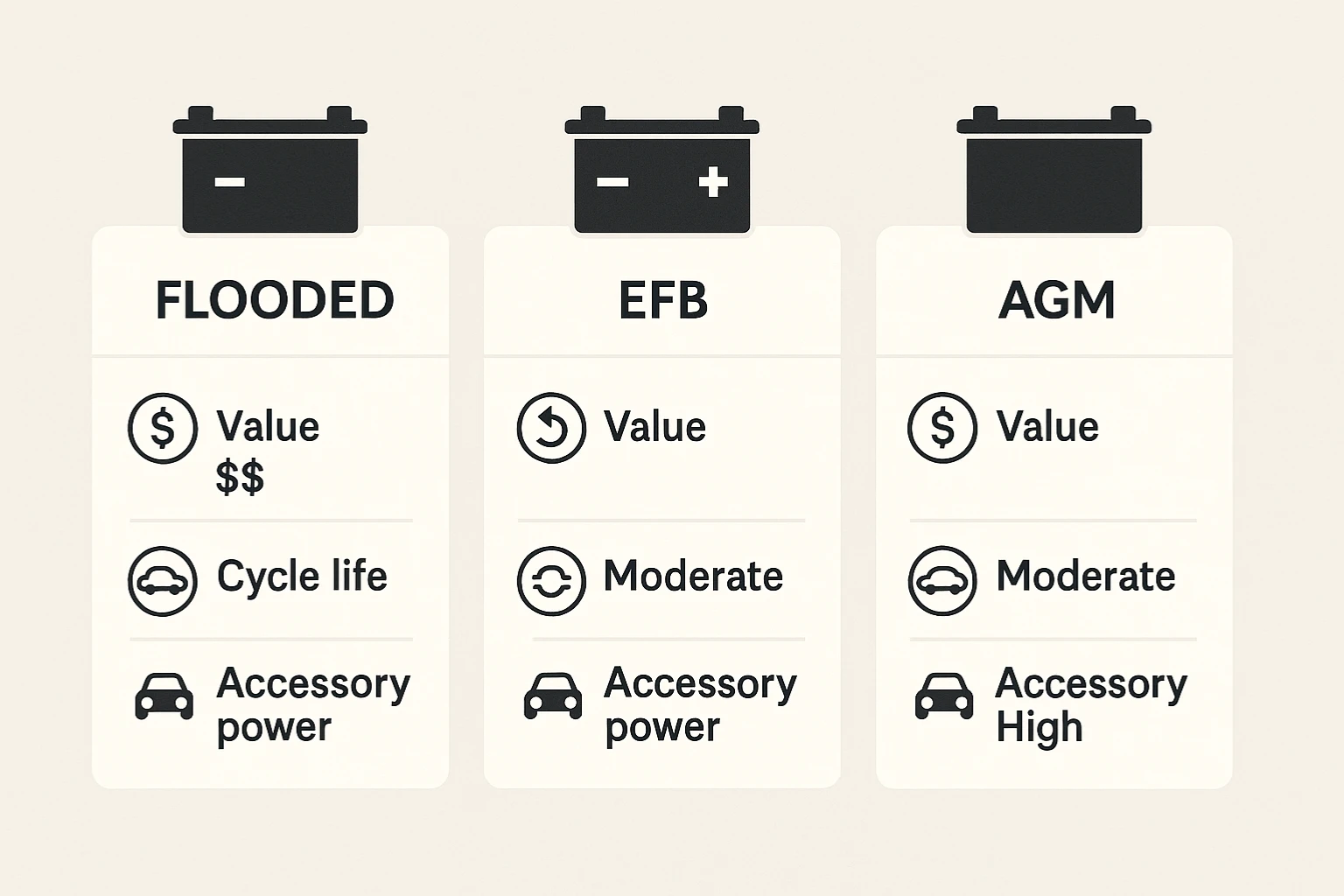
DIY: How to Check Car Battery Capacity at Home
Using a multimeter
Turn the car off for 30 minutes. Meter on DC 20V. Red to (+), black to (–). A good battery shows ~12.6–12.8V. If 12.3V or less, charge and recheck after resting. Big drop again? Capacity may be fading.
Simple load test
Switch headlights on for 2 minutes, then measure again. A quick fall below ~12.2V signals weak capacity. Not a lab test, but useful.
Read the label (Ah & CCA)
Ah = reserve time. CCA = starting strength. Morning crank slow? Focus on CCA. Parked audio/fans? Ah matters more.
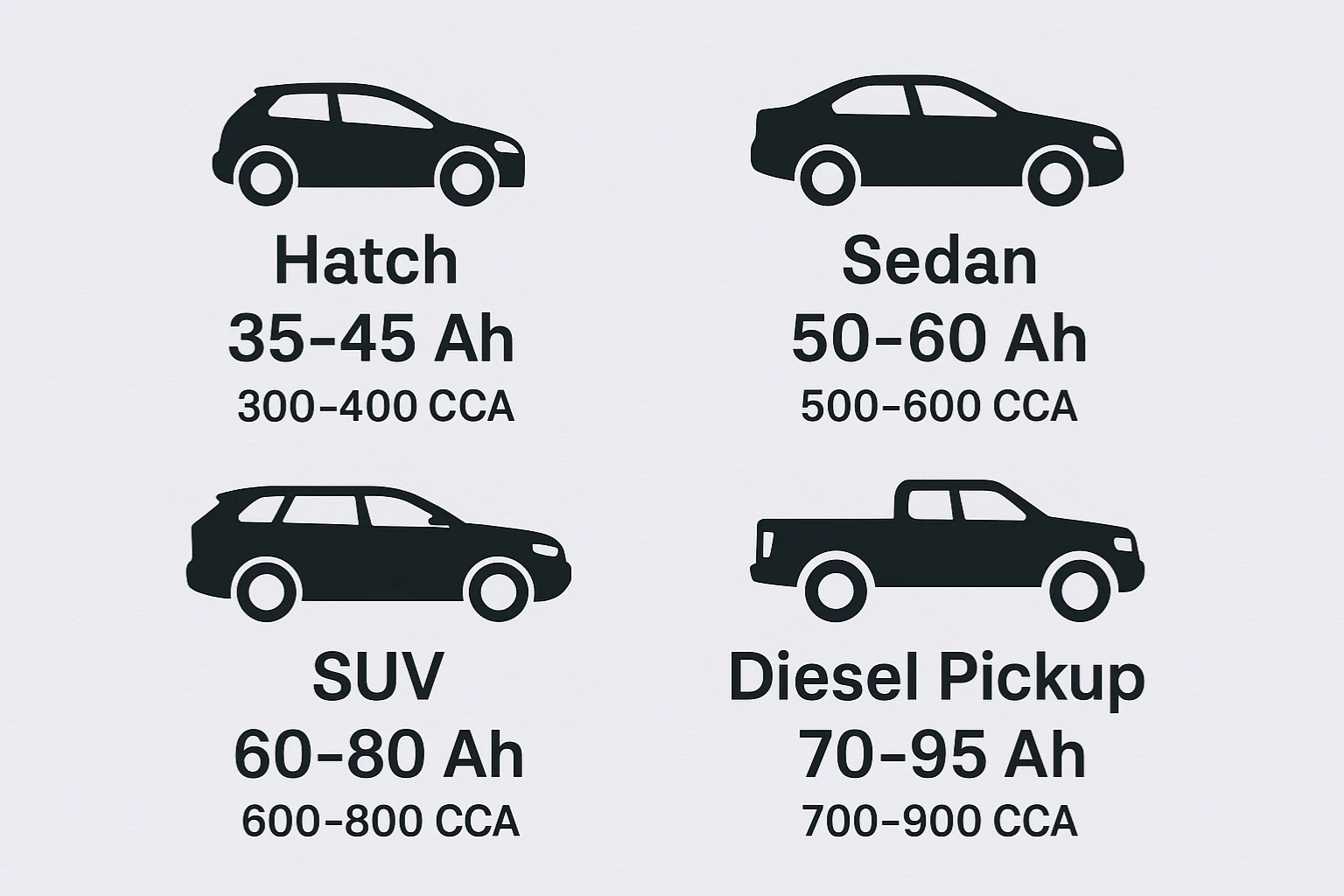
How to Choose Car Battery (Step‑by‑Step)
My 5‑step method
- Match group size and terminal direction (JIS/DIN/N, L/R).
- Select Ah to suit engine + accessories.
- Meet or beat factory CCA—never lower.
- Pick tech: Flooded (value), EFB (start‑stop), AGM (premium).
- Check support: warranty, service points, and fresh stock.
Budget vs performance
On a tight budget, stick to correct size and decent Ah. If you run dash cams 24/7, extra lights, or heavy audio, go slightly higher Ah—or AGM if supported—to avoid jump starts.
Car Battery Life and Performance in Bangladesh
Heat, vibration, and short trips shorten life. In our climate, many batteries last 2–3 years. Weekly 30–40 minute drives and a monthly overnight smart charge help a lot. Clean terminals and tight clamps improve charging and starting.
What shortens life
- Short city hops with AC/lights on
- Weak alternator or loose belt
- Parking for weeks without a maintainer
- Wrong size or low‑quality battery
How I extend it
- Steady weekly drive
- Monthly smart‑charger top‑up
- Distilled water top‑ups for flooded types
- Secure hold‑down to reduce vibration
Product‑Type Picks (Flooded, EFB, AGM)
I don’t push one brand. I match type to use‑case and look for strong local support. Examples below:
| Type | Example Config | Why It Works | Best For |
|---|---|---|---|
| Flooded 46B24L 45Ah | Entry sedan/hatch | Great value, easy to find | Daily Dhaka use |
| Flooded N70 80Ah | Hiace/Hilux | High reserve + strong crank | Vans & pickups |
| EFB 60Ah | Start‑stop midsize | Better cycle life | Stop‑go traffic |
| AGM 70Ah | Premium sedan/SUV | Handles accessories well | Night trips, audio |
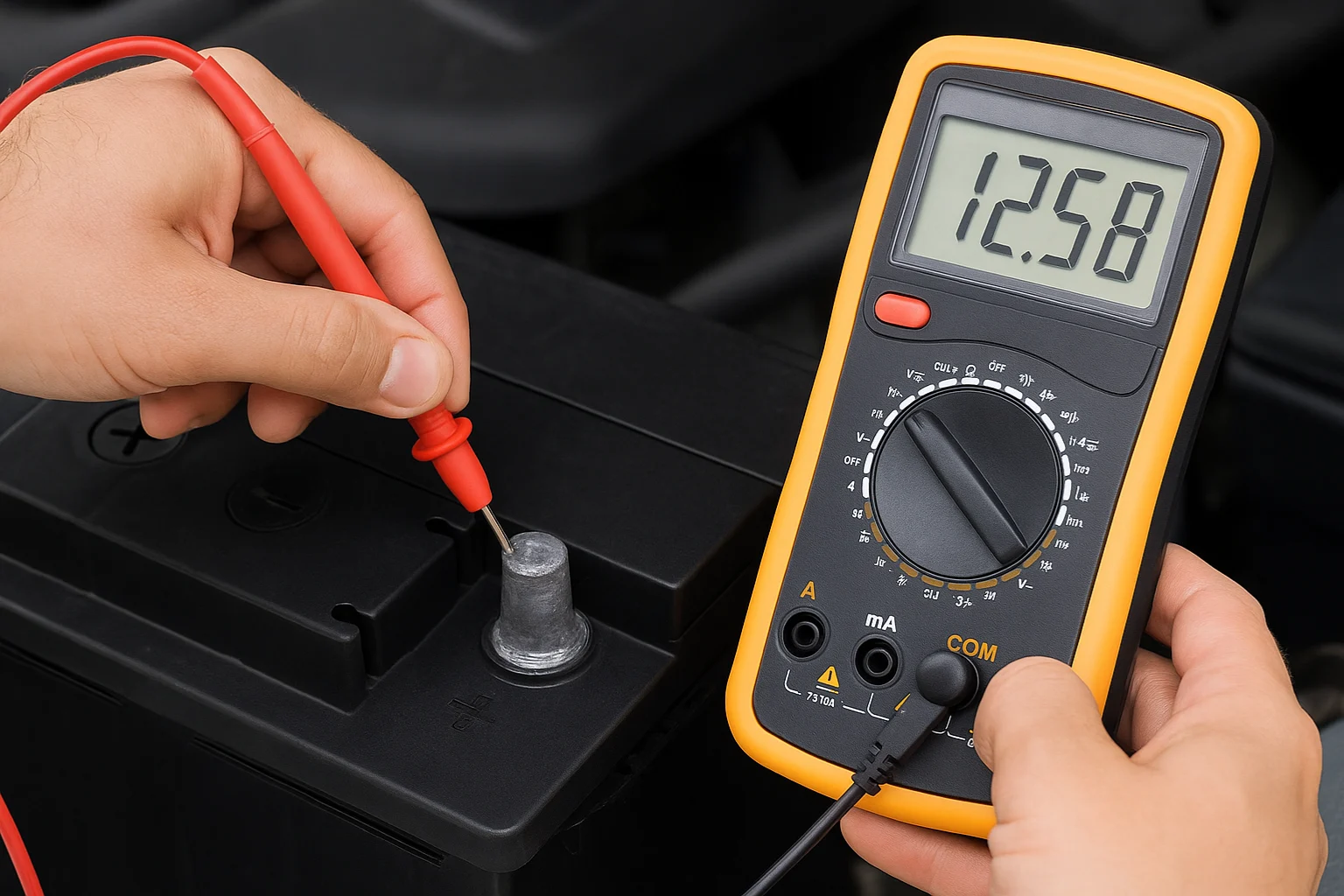
Car Battery Maintenance Tips
Turn off lights before leaving the car. Clean white/green crust with baking soda + water. Keep clamps tight and the hold‑down secure. For flooded batteries, top up with distilled water only. Carry a small jump starter on long highway trips.
My monthly routine
- Inspect for corrosion; clean, rinse, dry.
- Check resting voltage; note it in your phone.
- If under 12.4V often, give an overnight smart charge.
- Inspect cables and the hold‑down bracket.
Troubleshooting Cheatsheet
| Symptom | Likely Cause | Quick Check | Next Step |
|---|---|---|---|
| Slow crank, then starts | Low charge / aging battery | Resting voltage | Charge overnight; test at shop |
| Clicking, no crank | Very low charge / corroded posts | Clean & tighten clamps | Jump start; check alternator |
| Lights flicker while driving | Alternator or belt issue | Measure running voltage | If outside 13.8–14.4V, service |
| Battery hot or swollen | Overcharge | Running voltage too high | Stop, get professional help |
Buying Checklist
- Photo of old battery label (size, Ah, CCA, polarity).
- Confirm tray fit + hold‑down; terminals reach easily.
- Match Ah/CCA to manual and your accessory load.
- Choose correct tech (Flooded/EFB/AGM) for your car.
- Ask for date code; prefer stock within last 3–6 months.
- Get printed warranty card and installation test report.
Warranty & Date Codes
Bangladesh sellers often offer 12–24 months warranty. Check what is covered (replacement vs pro‑rata). Date codes like “24A” or “2406” mark factory month/year. Fresh stock charges faster and lasts longer.
Recycling & Safe Disposal
Lead‑acid batteries are recyclable. Most shops take your old unit when you buy a new one—sometimes with a “core” discount. Never throw batteries in household trash; acid and lead can harm people and rivers. Use authorized recyclers or return to the seller.
Trends: EFB/AGM, Hybrids & Smart Chargers
Start‑stop systems need EFB or AGM for frequent starts and deeper cycling. Smart chargers are cheaper now in Bangladesh; a monthly overnight top‑up prevents early failure. In hybrids, the 12V battery powers control systems while the high‑voltage pack drives the car—so follow the manual closely when replacing the 12V unit.
“Right size, right specs, and a little care—that’s the whole game.”
Quick Glossary
How long a battery can supply current—like water tank size.
Starting power in cold test; still useful for easy morning starts here.
Enhanced Flooded Battery for start‑stop, better cycle life than flooded.
Absorbent Glass Mat—premium, handles accessories and deeper cycles.
Different sizing standards used by EU, Japan, and common “N” groups.
How long small loads can run if the alternator fails or engine is off.
FAQs
What does car battery capacity (Ah) mean?
Ah (amp‑hours) tells me how long the battery can supply current. A 60Ah unit powers small loads longer than a 45Ah one when the engine is off. It doesn’t replace CCA (starting power). I match the manual and pick Ah that fits my driving and accessories.
How do I pick the best car battery for my car?
I match size (e.g., 46B24L or DIN60), polarity, and 12V; then choose Ah/CCA that meet or slightly beat factory spec. With dash cams or extra lights, I may step up in Ah if it fits and charges well. Warranty and local service matter in Bangladesh.
What voltage is normal off and on?
Off and rested: ~12.6–12.8V. Engine running: 13.8–14.4V. Under ~12.2V at rest means low charge. Over ~14.8V while running can overcharge and shorten life.
How long will a battery last in Bangladesh?
Often 2–3 years, shorter with heat and short trips. Weekly steady drives, monthly smart‑charger top‑ups, clean terminals, and proper mounting help extend life.
Can I upgrade to more Ah?
Yes—if it fits and your alternator can keep up. Never go below factory CCA. Start‑stop vehicles require EFB or AGM as specified.
Conclusion & Key Takeaways
- Fit first: group size and terminal side must match.
- Pick the right car battery capacity (Ah) and CCA for your engine and accessories.
- Healthy numbers: 12.6–12.8V at rest; 13.8–14.4V running.
- Bangladesh habits: steady weekly drives + monthly smart charge.
- Recycle safely and keep warranty papers.
